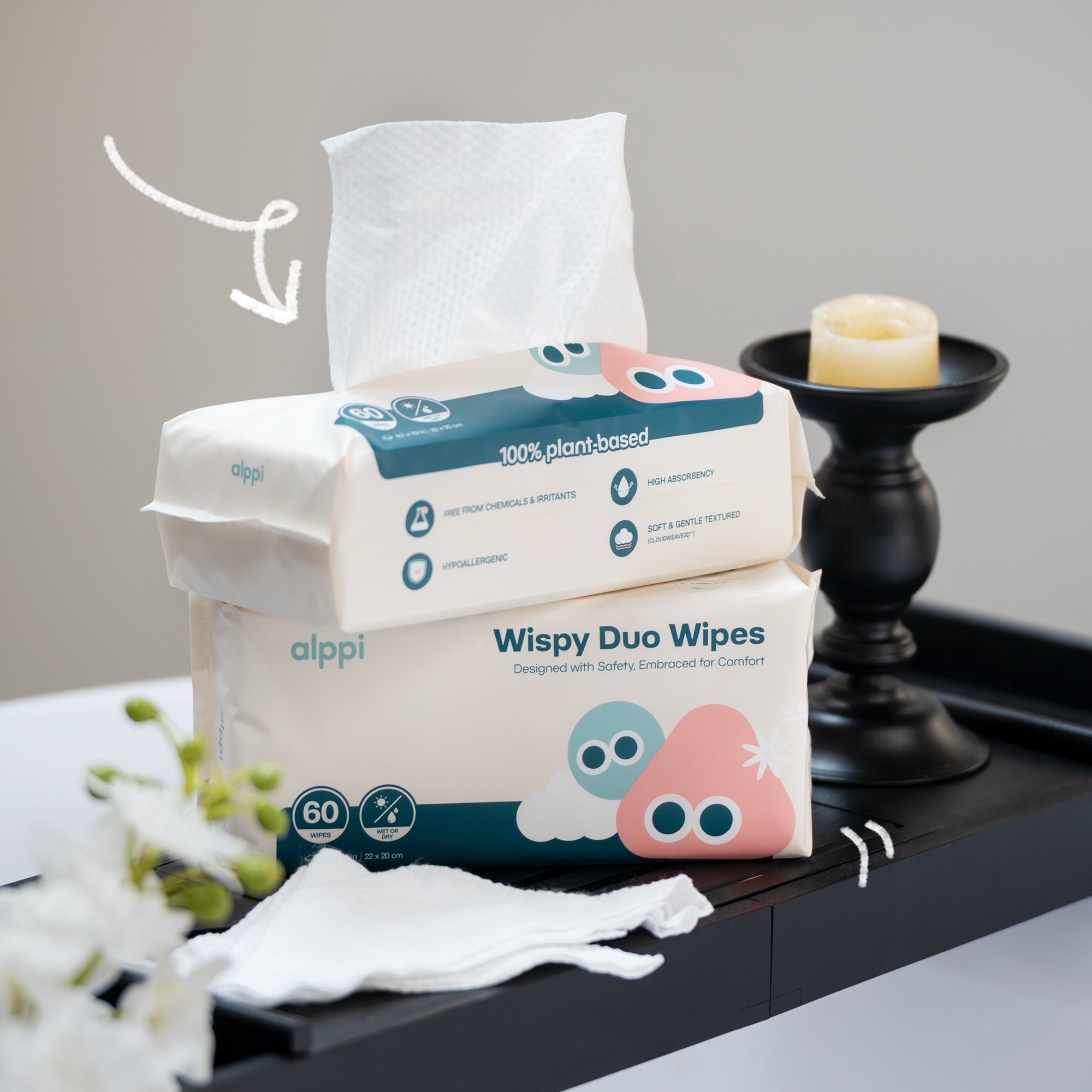Parenting is one of the most rewarding yet challenging journeys in life. More and more families today are looking for kinder, calmer ways to raise their children while still setting healthy boundaries.
Gentle parenting has become a popular approach because it focuses on connection, respect, and understanding rather than control or punishment.
In this guide, we will explore what gentle parenting really means, how it looks in daily life, and whether it might be right for your family.
Keep reading to discover practical tips and answers to the most common questions parents ask about this approach.
What Is Gentle Parenting?
Gentle parenting is a modern parenting philosophy that focuses on empathy, respect, understanding, and healthy boundaries.
Instead of using punishment or rewards, parents build strong connections with their kids through trust and communication.
It is important to note that gentle parenting is not an official clinical or scientific term. The concept was popularized by parenting authors and educators.
However, its principles overlap with authoritative parenting, which is a well-studied style known for combining warmth, responsiveness, and consistent boundaries.
The Core Idea Behind Gentle Parenting

This approach is built on four key pillars that guide parents in daily interactions:
- ✅ Empathy: seeing situations from the child’s perspective
- ✅ Respect: valuing children’s feelings and voices
- ✅ Understanding: recognizing emotions and needs behind behavior
- ✅ Boundaries: setting clear, consistent expectations
Another way to explain it is through the three C’s of gentle parenting:
- ✅ Connection
- ✅ Communication
- ✅ Consistency
These principles align with widely recommended positive parenting strategies that focus on nurturing relationships, clear communication, and consistent guidance.
Gentle Parenting vs Other Parenting Styles
When parents ask what gentle parenting is, they often want to know how it differs from other styles.
Gentle parenting is not permissive, where kids get whatever they want, and it is not authoritarian, where strict rules dominate. Instead, it combines warmth with guidance.
It is sometimes confused with:
- ✅ Coddling: overprotecting without teaching responsibility
- ✅ Helicopter parenting: hovering too closely and limiting independence
- ✅ Permissive parenting: no clear rules or boundaries
The difference is that gentle parenting encourages independence while still providing emotional support.
Research shows that authoritative parenting, which is the closest evidence-based style to gentle parenting, is linked to the best child outcomes, including confidence, resilience, and social skills.
👶🏻 If you want to explore more about different parenting approaches, check out Finding Your Parenting Style: A Guide for New Parents.
How Gentle Parenting Works in Everyday Life
Gentle parenting may sound nice in theory, but what does it look like day to day? The answer is simple: it shows up in how parents set limits, respond to emotions, and build daily routines.
Setting Boundaries Without Punishment
Gentle parents do not rely on punishments like spanking or yelling. Instead, they:
- ✅ Explain why rules exist
- ✅ Guide kids toward better choices
- ✅ Use natural or logical consequences
Handling Big Emotions and Tantrums
All kids have meltdowns, but gentle parenting handles them differently. Instead of shouting, parents:
- ✅ Stay calm and model emotional control
- ✅ Help children name their feelings
- ✅ Offer comfort while teaching coping skills
Building Connection Through Daily Routines
Gentle parenting thrives in everyday moments like bedtime, mealtime, and homework. Parents use these times to connect and teach cooperation.
Examples include:
- ✅ Explaining the importance of brushing teeth instead of demanding it
- ✅ Offering limited choices to give kids control
- ✅ Turning routines into bonding opportunities
👶🏻 If your baby struggles with fussiness, browse How to Soothe a Crying Baby for practical tips.
Benefits of Gentle Parenting

Parents who ask what is gentle parenting often want to know if it really works. Research on authoritative parenting, which is closest to gentle parenting, shows many benefits.
For children:
- ✅ Stronger emotional intelligence
- ✅ Confidence and independence
- ✅ Better problem-solving skills
For parents:
- ✅ Less stress in daily interactions
- ✅ A closer bond with their kids
- ✅ Long-term positive results
Common Criticisms and Misconceptions
Not everyone agrees with gentle parenting. Some critics say it is too soft or that it spoils children. Others confuse it with permissive parenting, where there are no rules at all.
The truth is, gentle parenting is not about letting kids run wild. It is about guiding them with respect and consistency.
Effective discipline should teach, not punish, which supports the idea that gentle parenting can be both kind and firm.
👶🏻 Want to celebrate the other side of parenting? Discover why dads play such a key role in Why Dads Are the Real Superheroes.
Potential Challenges of Gentle Parenting
There is no scientific research listing proven “bad effects” of gentle parenting, since it is not an official category studied in psychology. However, parents may face challenges if the approach is not applied with balance.
Some potential challenges include:
- ✅ Unclear boundaries: if rules are not consistent, children may become confused
- ✅ Time demands: it requires patience and calm responses, which can feel exhausting
- ✅ Parental overwhelm: some parents may feel pressured to always stay calm and gentle
-
✅ Slow results: changes in behavior may take longer compared to strict discipline
These are not negative effects of gentle parenting itself, but challenges that can arise if boundaries are not clear. In fact, when boundaries are missing, the approach can resemble permissive parenting, which has been linked to lower self-control in children.
Alternatives and Adaptations

Gentle parenting is not the only way to raise children, and it does not have to be followed in a strict all-or-nothing way. Many families find success by blending gentle parenting with other approaches that fit their values and their child’s personality.
Some common alternatives and adaptations include:
- ✅ Authoritative parenting: Often considered the “middle ground,” this style combines warmth with firm expectations. It is very similar to gentle parenting but may rely more on structured discipline.
- ✅ Authoritarian parenting: Focuses heavily on obedience and rules. Some parents adapt gentle parenting by keeping the empathy and communication while borrowing structure from this style.
- ✅ Permissive parenting: Characterized by high warmth but few rules. Families who lean permissive can adapt by adding gentle but firm boundaries to create balance.
- ✅ Uninvolved parenting: Minimal guidance or involvement. Parents who want to shift away from this style can use gentle parenting principles to rebuild connection and trust.
Gentle parenting can also be adapted to different family needs:
- ✅ Blending methods: Some parents use gentle parenting at home but adopt firmer approaches in public or school settings.
- ✅ Cultural considerations: Parenting expectations vary across cultures, and gentle parenting can be adjusted to respect traditions while still focusing on empathy.
- ✅ Practical flexibility: Gentle parenting takes time and patience, so some families set realistic goals, choosing key moments to apply it, like bedtime routines or handling tantrums.
- ✅ The 7-7-7 rule: A modern parenting tip where parents spend seven minutes, seven times a day, giving their child undivided attention. While not an official guideline, it is a practical suggestion that adapts well to busy households.
The key is to find what feels right for your family. Gentle parenting is not about perfection, it is about creating a respectful, supportive relationship that works in your unique home.
Conclusion
Now that you understand what is gentle parenting, you can see how it blends kindness with structure to raise confident, resilient, and caring kids.
It is not about being a perfect parent but about building a strong, respectful relationship with your child one day at a time.
For more helpful guides and parenting tips, visit Alppi Baby. And if you want trusted essentials for your little one, Alppi Baby soft diapers and baby wipes are a favorite choice for many moms and dads who want comfort and care for their babies.
You May Shop
Frequently Asked Questions About Gentle Parenting
What is the most effective parenting style?
There is no single best parenting style for every family. However, research consistently shows that authoritative parenting, which is very similar to gentle parenting, is linked to the best outcomes.
Why do people criticize gentle parenting?
Critics often think gentle parenting is too soft or permissive. Some believe it does not prepare kids for the real world. However, when done correctly, it teaches resilience and respect.
What does gentle parenting get confused with?
It is often confused with permissive or helicopter parenting. The difference is that gentle parenting sets boundaries while still showing empathy. It is not about removing rules but about enforcing them with respect.
Is there an alternative to gentle parenting?
Yes, alternatives include authoritative, authoritarian, and permissive styles. Some families mix gentle parenting with other approaches. The best choice depends on the child and family needs.
What is another name for gentle parenting?
It is sometimes called respectful parenting or conscious parenting. These names highlight the focus on empathy and understanding. All emphasize building strong parent-child relationships.















